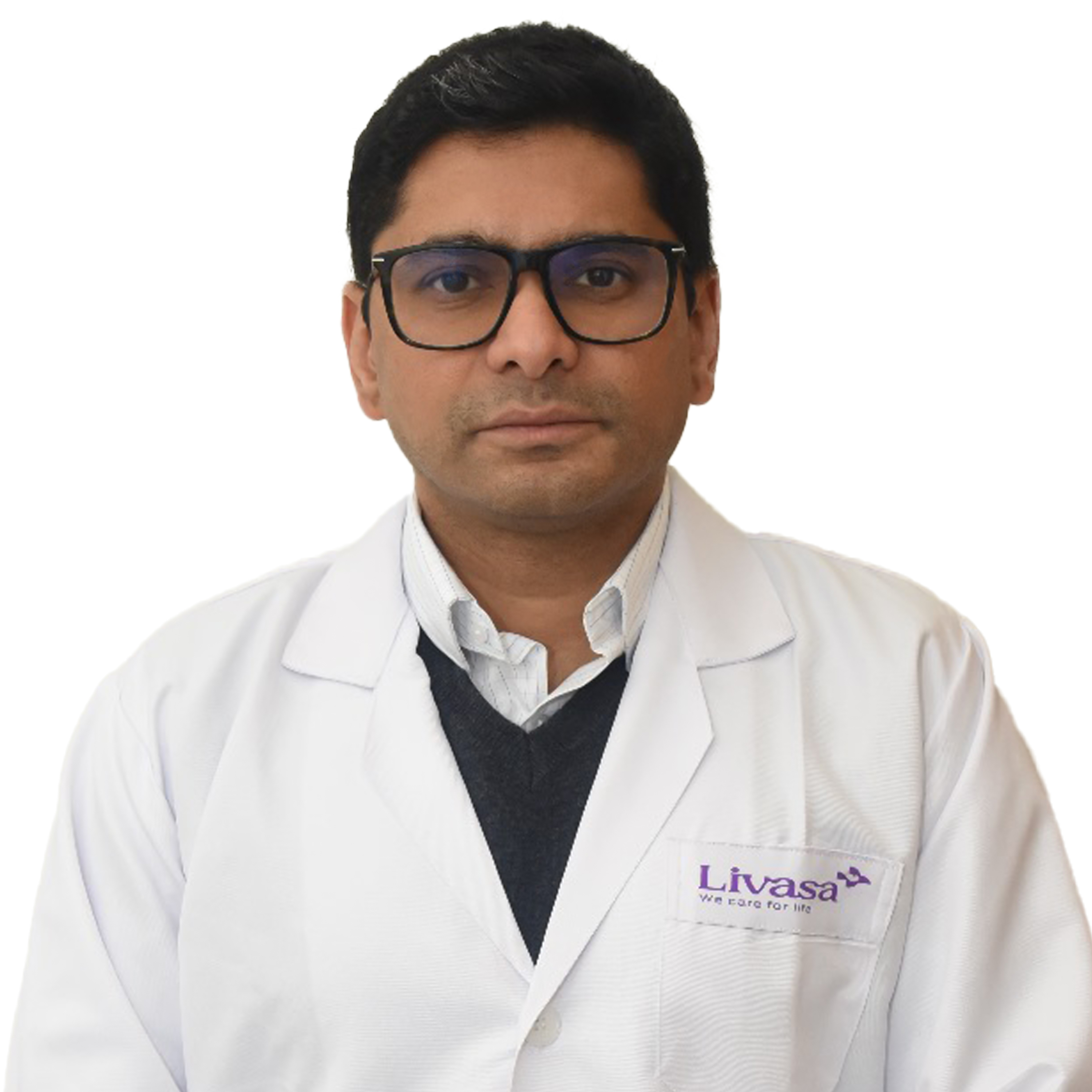Institute of Interventional cardiology
Interventional cardiology at Livasa Hospital exemplifies excellence in cardiovascular care, offering advanced procedures to diagnose and treat a wide range of heart conditions. The hospital's interventional cardiology unit specializes in minimally invasive techniques that provide effective solutions with less risk and quicker recovery times. The state-of-the-art catheterization labs are equipped with cutting-edge technology, allowing for precise diagnosis and treatment of coronary artery disease, structural heart defects, and peripheral vascular conditions. A team of interventional cardiologists, radiologists, nurses, and technologists collaborates closely to deliver personalized care tailored to each patient's unique needs. Procedures offered include coronary angioplasty and stenting to open blocked arteries, transcatheter valve repair and replacement for valve disorders, and interventions to treat conditions like atrial septal defects and peripheral artery disease.
Before any procedure, patients undergo comprehensive evaluations to assess their condition and determine the most appropriate treatment approach. Throughout the intervention, advanced imaging techniques guide the placement of catheters and devices, ensuring optimal outcomes with minimal invasiveness. Post-procedural care at Livasa Hospital focuses on monitoring patients closely to detect any complications early and optimize recovery. The hospital's multidisciplinary team of cardiologists, nurses, and rehabilitation specialists works collaboratively to support patients through their recovery journey, providing education, counseling, and rehabilitation services as needed.
With a commitment to innovation, excellence, and patient-centered care, Livasa Hospital's interventional cardiology unit stands as a ray of hope for those facing cardiovascular challenges, offering cutting-edge treatments and compassionate support to promote heart health and overall well-being.

















